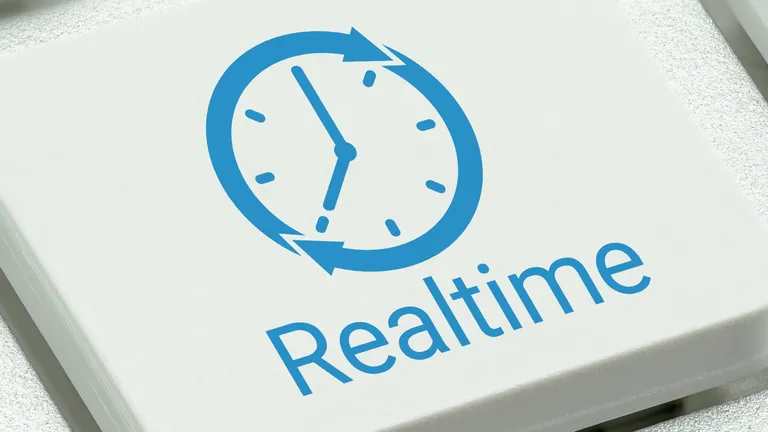
Instant payment Switzerland
The Swiss financial centre is preparing for real-time payments. From 2024, ‘instant payments’ are to be credited to the recipient's account 24/7 without interruption and within a few seconds of the order being placed. If the defined time limit is exceeded, the payment must be rejected. At the start of the procedure, there is an upper limit of CHF 20,000 per payment.
Instant payments have already been available in the SEPA area for over five years - now with an upper limit of EUR 100,000 - but with a marginal market penetration of less than fifteen per cent of the total volume of SEPA payments. This raises the question of whether the market needs ‘instant payments’ at all.
Now SIX and the Swiss financial institutions are launching the same question here in Switzerland. So the search can begin for the plausible, convincing advantages of an instant payment compared to the existing procedure and/or the current offer from TWINT, for example.
For a better overview, here are a few explanations of the existing offer for a CHF payment:
A CHF payment in the current clearing procedure is only processed during official bank working days. This means not at weekends and not on official bank holidays. In the worst case, a payment therefore takes several days if there is a weekend, a bank holiday or even both. In the best case, the same payment takes less than an hour if it is entered individually in e-banking in the morning, for example. In this procedure, however, there is no real upper limit on the amount.
A TWINT payment can be sent very easily, provided that the payer and recipient are both TWINT participants. TWINT sets a monthly limit for sending money; the author of this article uses the standard limit of CHF 4,000. The recipient of a payment is usually notified that the payment has been received in their account after a few minutes. In reality, however, the payee's bank makes the advance payment. The actual settlement takes place in the clearing procedure with the possible delays described above.
If the question formulated at the beginning is posed as to whether ‘instant payment’ makes sense from the payer's point of view, we believe that the search for intuitively comprehensible arguments becomes quite difficult. We maintain that in 99.8% of cases, once a payment has been recorded, the payer regards the transfer as completed and no longer worries about when exactly the amount will reach the recipient. This is certainly also based on the fact that Swiss payment transactions have functioned reliably and stably for years.
If we look at the question from the money-receiver side, an immediate payment suddenly seems more attractive. The car hire company, for example, collects the rental fee for the vehicle immediately after signing the contract - even on a Saturday. The bill for the hotel room can be paid immediately after check-out. Payment via ‘instant payment’ thus replaces other existing means of payment - debit or credit cards - but without commissions and fee deductions. This should be an interesting alternative. It remains to be seen whether the market players will develop further exciting ideas.
Do you see similar opportunities for your company, but are struggling to meet the challenge? Bosshard & Partner will be happy to support you with in-depth expertise in payment transactions and project management.